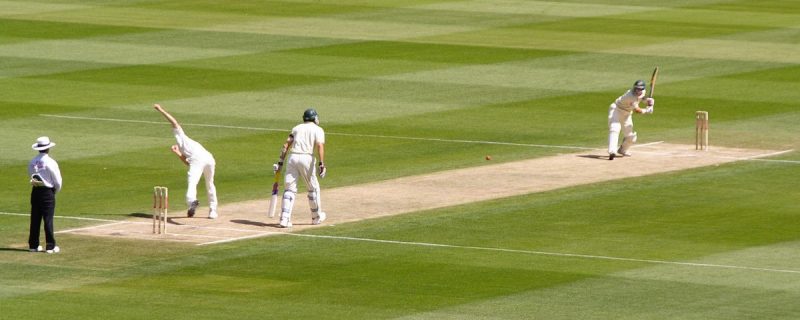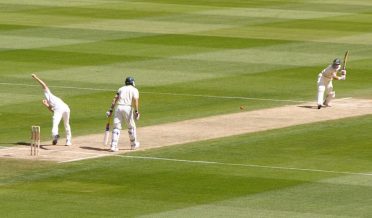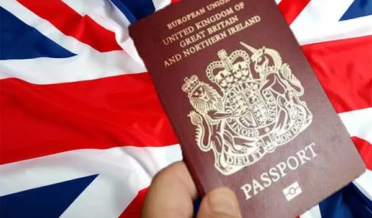Combination of the industrial revolution, the British school system, and the British empire allowed British sports to become dominant
Wajahat Ali Khan
Football, Rugby, tennis, badminton, darts, snooker, golf, ping pong, rowing, boxing, curling, downhill skiing, cricket, horse-racing, squash, field hockey and probably more sports that I have forgotten were invented either in Britain or by British people. The sporting influence of Britain is clear to see. But how and why did Britain invent so many sports? And why did these sports become popular across the world?
The reasons are a combination of the industrial revolution, Britain’s Public Schools, and the British Empire. The traditional story of Britain’s variety of sports is that the industrial revolution occurred in the UK first, creating a new generation of middle-class people with more time and money to spend on doing leisurely activities and sport.
They tend to have an image of peasants in the Middle Ages working constantly and living a very tough life. The reality is that for a lot of the year life for peasants was not that busy. They worked long and hard days during the summer months and harvesting crops in the Autumn. But during cold winters there was little to do apart from play games.
Like all countries, Britain has a long history of rural and traditional sports. From horse riding, fighting, archery, and swordsmanship (all sports that are used to train for war), to large games involving a ball, hundreds of players, and played across the entire town.
Sports, therefore, existed before the industrial revolution. What the industrial revolution did was allow sport to become regional then national and then international.
Before the industrial revolution, travel was difficult. You couldn’t simply take a plane, train, bus, or car to the next town to play them at a game of football. Sport was very much a local activity based on the traditions of the town. The game played in one town could have completely different rules to the next town over.
The industrial revolution allowed people to travel easily and sports to played with people from other parts of the country. There was a problem, though. How could you organise a game of football or cricket or golf if everyone had their own rules?
The answer was you couldn’t. Some early solutions were to play the game of the home team (for example, if you were playing in Sheffield, you would play Sheffield rules of football) or to play one half with one set of rules and the other half with another set of rules.
The best solution, however, was to make a standard and codified rulebook. Rather than hundreds of regional varieties, if there was one set of rules everyone could follow them and play the same sport.

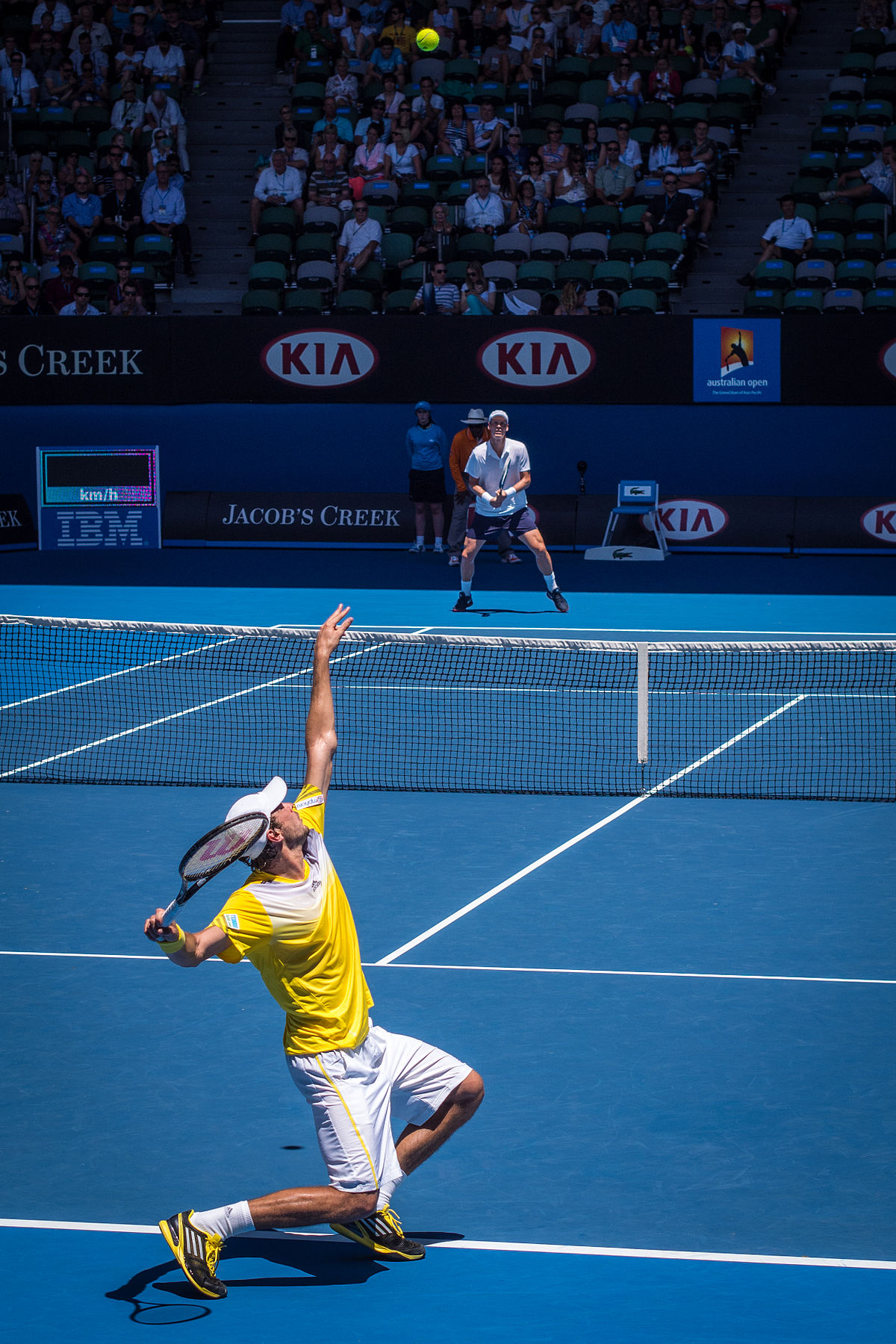

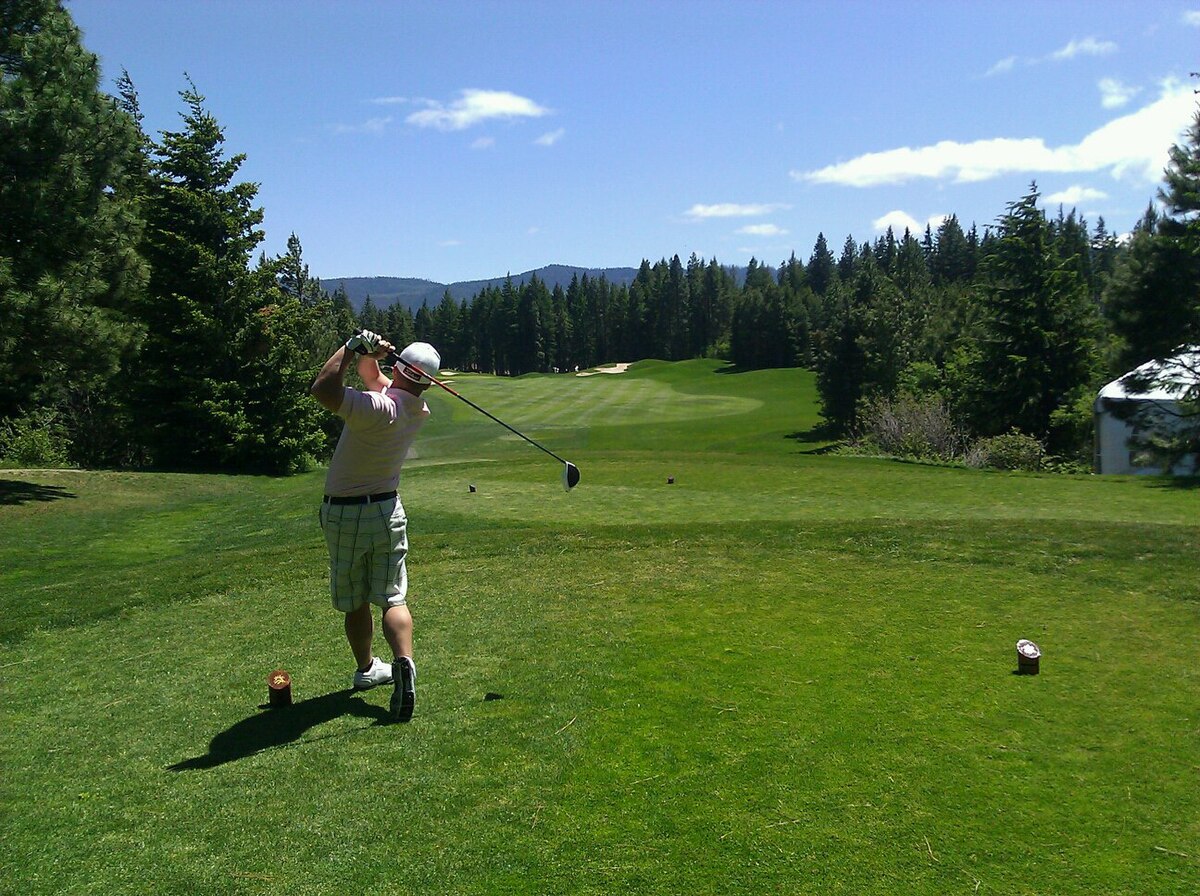

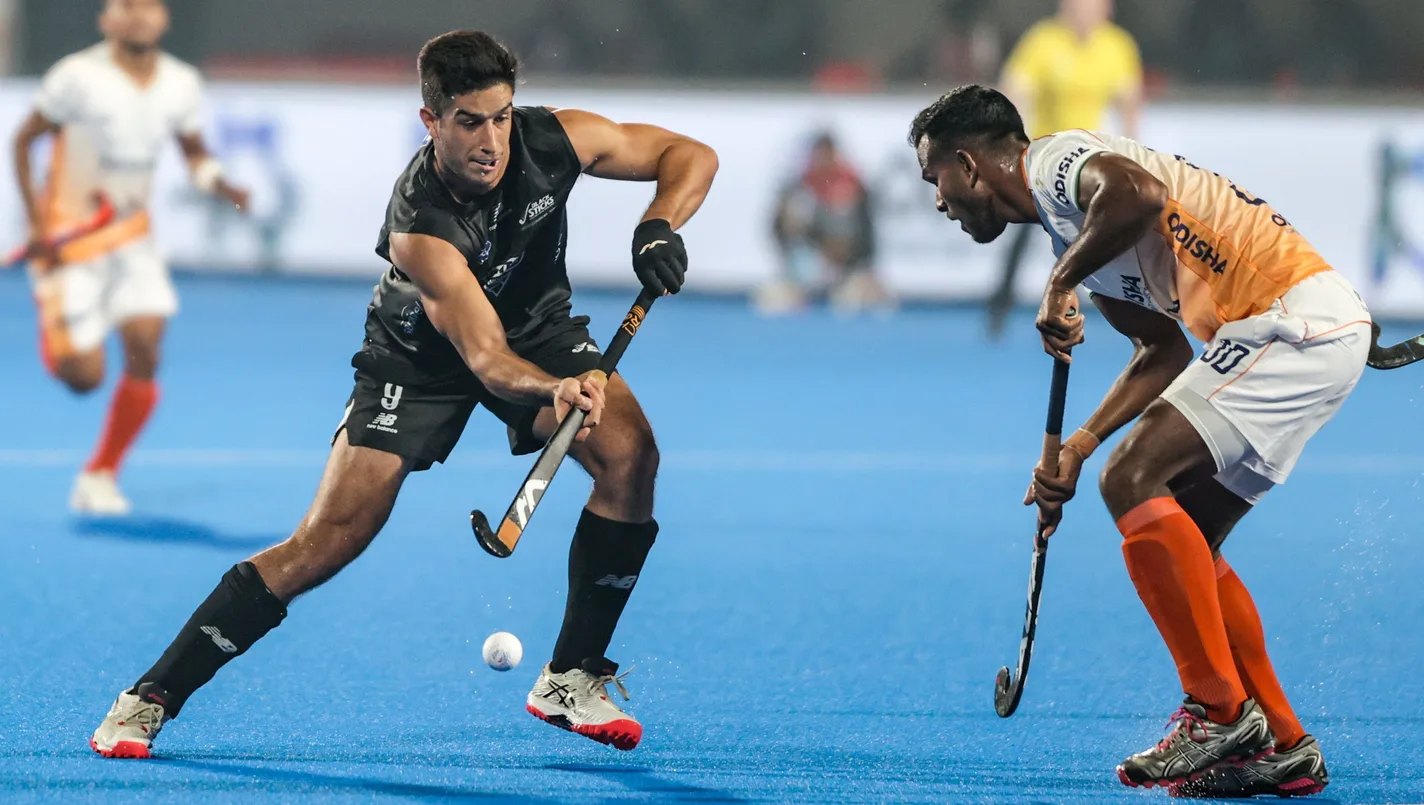
It would be a lie to say that Britain invented so many sports due to working class people having more freedom due to the industrial revolution. The opposite was true. Rather than working on farms with lots of free time during the winter months, millions of people were working in factories every day of the week with no free time. There was no time to play sport.
Sport flourished and became more popular and professional due to working class involvement later, that is for sure. Laws were changed in the 1800s and early 1900s to let workers have more rest and eventually some sporting associations in the UK allowed professional players.
But the real forces behind the establishment of formal sports and sporting associations were Britain’s public schools, their teachers, their students, and their alumni.
And the early years of the tournament were dominated by the Wanderers, Old Etonians (alumni of Eton school), and Oxford University!
Here, I think I need to explain or define something for you all which often confuses non-British people. In the UK, a public school is an elite and expensive private school. In America, they are free government funded schools… but the term public school in the UK is the opposite.
The origin of the term is based in the history of education and language – maybe I’ll do an episode on it in the future. But when I say Public School I am referring to the great private schools of the UK – Eton, Harrow, Winchester, St Pauls. These were the schools that educated the most elite people you can imagine.
As the Industrial revolution powered the British Empire and allowed Britain to colonise more countries, the need for boarding schools increased. As Britain was sending men around the world to govern parts of Asia, Africa, and the Americas, their children needed places to study. Rather the being educated overseas, the officers and administrators of the empire sent their children back to the UK to study.
These schools were designed to raise and train the future leaders of the British empire – future government officials, military officers, and colonial administrators.
Sport became a key part of education at these schools. The students would often take part in team sports every day. Sports were seen as an activity that not only promoted health and fitness, but made good team players, hardworking individuals, strategic thinkers, and students with a sense of justice or fairness. All of these were seen as good qualities to oversee the future of the empire. One of the most famous games was rugby named after the school it was first played in the town of Rugby.
However, when these schools wanted to play games against each other it caused problems. Thanks to the industrial revolution they could now travel more easily, and they wanted to compete against other schools.
As the popularity of sport in schools grew the demand for one set of rules also increased. A famous example is at the University of Cambridge. I think at one point Cambridge had around 10 different football teams all playing different rules. The alumni of Eton school would play their rules, the alumni of Rugby school their version, the alumni of other schools the same. Eventually, in 1848, they tried to make one set of rules. As sport was such a key component of education at these schools, their alumni wanted to continue playing as adults. And it was these alumni who were key to creating and setting the rules to tennis, football, cricket, rugby, hockey, and many other sports.
These alumni were also key to spreading British sports and rules around the globe. The men educated in private boarding schools eventually moved out of England to parts of the British empire. And they took their sports and games with them.
You can still see the history of colonialism in some sports. Cricket is one of the most popular sports in the world… but in the cricket World Cup the competitors tend to include Australia, New Zealand, India, Bangladesh, Pakistan , Sri Lanka, the Caribbean, South Africa… all former British colonies.
Britain’s informal empire also helped spread sport. The alumni of British boarding schools ended up in cities across the world. The first non-British football club was set up by British students in Switzerland. British people did make the rules for many of the popular sports today. Hopefully I have been able to demonstrate that a combination of the industrial revolution, the British school system, and the British empire allowed British sports to become dominant!

